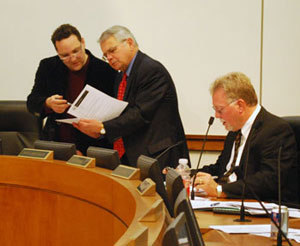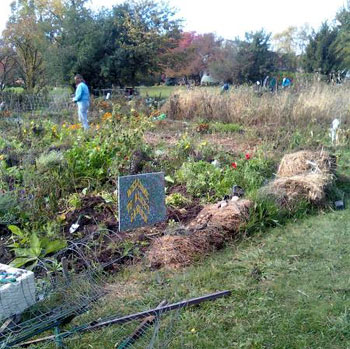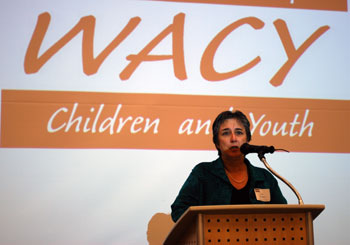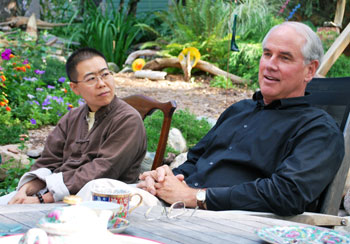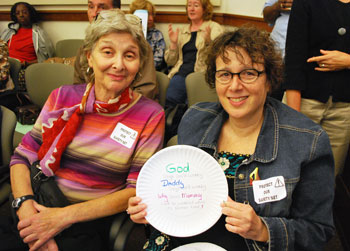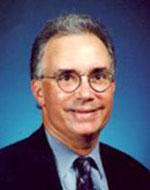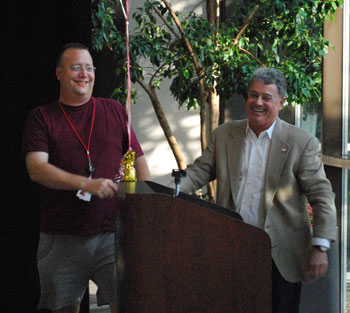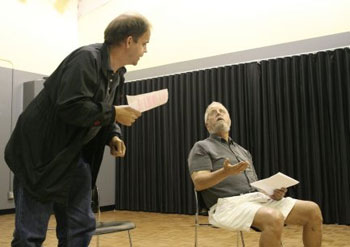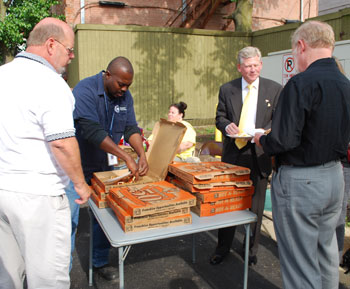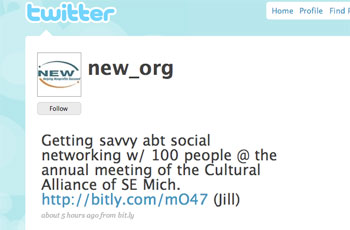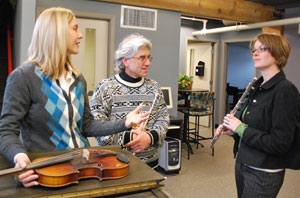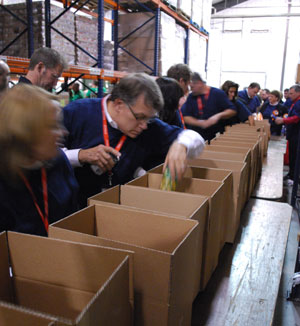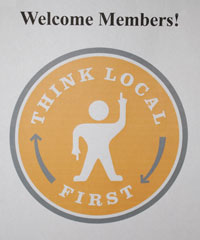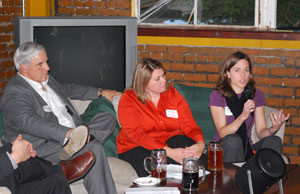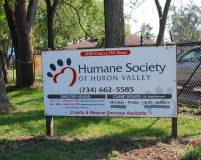Leslie Science Center Turns Calendar

Hajin Kim, wearing his New Year's Eve mask, salutes the end of 2009 with a pencil. Later, he told The Chronicle: "Masks are scarier than hats." (Photos by the writer.)
Bob Voakes is sitting in the front room of the main Leslie Science and Nature Center building, encircled by more than a dozen children sprawled on the floor. “It’s a special day today – does anyone know what day it is?”
“New Year’s Eve!” they cry out.
It would be hard not to know the answer – everyone is wearing New Year’s Eve hats or masks that they’d made earlier that morning, using construction paper and markers.
They’re all enrolled in the holiday break camp program, with a full agenda of crafts, sledding, hiking, searching for animal tracks, s’more-making, and “who knows what other exciting things we might do!” Voakes, a staff member, tells the kids.
Just down the hall – in Dr. Eugene Leslie’s former study – someone else has a full agenda, too: executive director Kirsten Levinsohn, who’s getting ready to step down from the post in February, after 20 years at the center. With the sound of children happily hollering in the background, Levinsohn talked about the upcoming transition, and why it’s an exciting time for LSNC. [Full Story]




